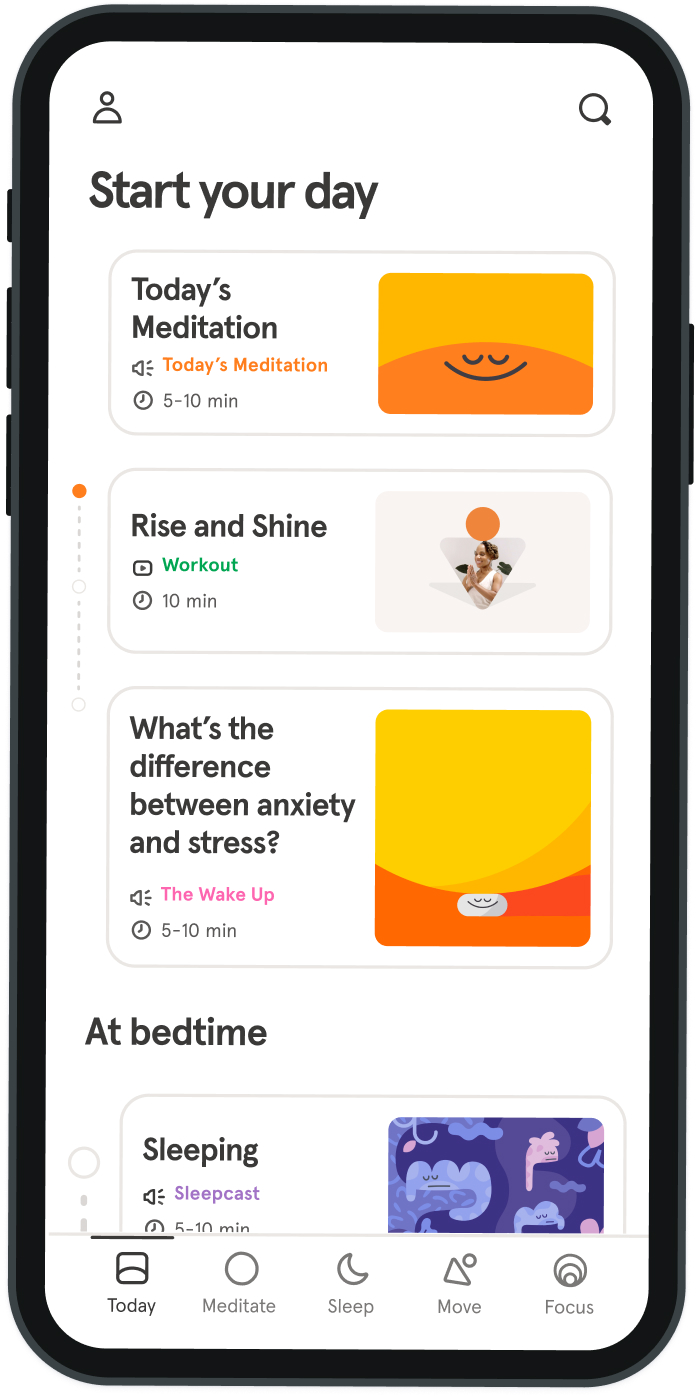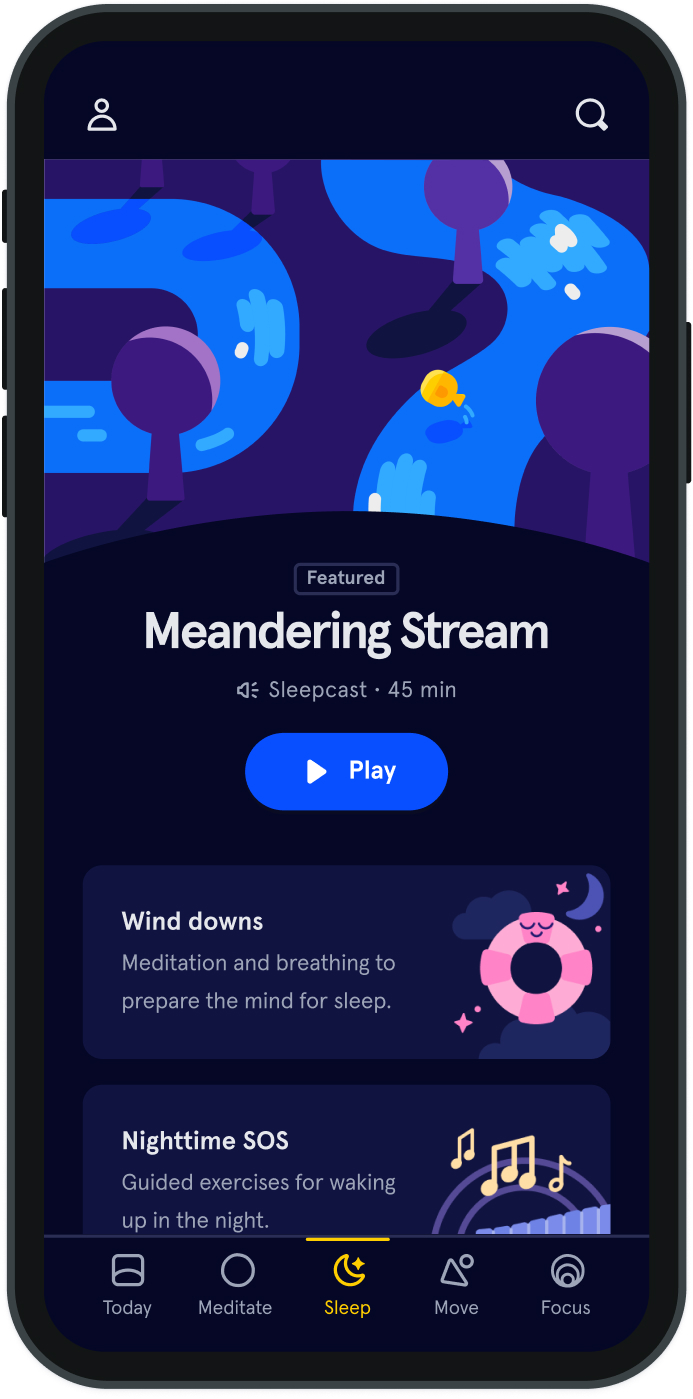Why do so many robots sound female?
There is a woman living in my pocket. She knows the weather and the latest baseball scores, and if I ask her who starred in the 1981 buddy comedy “Stripes”, she’ll produce a list of 16 Thai restaurants within two miles of my apartment. Her name is Siri, and not once have I wondered why, precisely, she is female.
And Siri is not alone. If a computer is talking to you, there’s a good chance it’s in a woman’s voice. Think of Amazon’s Alexa, Microsoft’s Cortana, Samsung’s S Voice, the weirdly sexy operating system from “Her”, or the creepy, then endearing, and then downright menacing robot from “Ex Machina”. It’s worth asking, why are all the robots women? In a 2011 study, subjects listened to machine voices—including Microsoft Mike and Microsoft Mary—and both men and women said they preferred female voices. Women also demonstrated a subconscious preference for female voices. (Men showed no subconscious preference, leading the study’s authors to speculate that heterosexual men might actually underreport their preference for male voices so as not to appear homosexual.)
It’s worth noting that computers tend to perform tasks that were historically undertaken by women. Siri is your secretary, your concierge, and your telephone operator. By all accounts, she belongs to the early seasons of “Mad Men”. [Editor’s Note: so do the findings of that study.] How would a man’s voice sound wafting from your PC? Think of HAL, the computer interface from “2001: A Space Odyssey”. He was everything designers don’t want a computer to be: bossy, cold, bent on killing every human in sight. When Dave, the last surviving astronaut, pulls the plug on HAL, the computer’s voice drops lower and lower—sounding more and more masculine—until he finally perishes. Hollywood’s most infamous man-bot is a far cry from the warm compliance of the Stepford wives. And so female voices dominate computer interfaces. Is this a good thing? To the extent that it makes us more comfortable with our laptops, smartphones, and GPS navigators, it probably is. To the extent that it reinforces harmful gender stereotypes—men as dominant, women as demure—it probably isn’t. Unfortunately, it is all but inevitable that we would assign gender to computer voices. It is difficult to hear someone speak and not infer the maleness or femaleness of the speaker. The good news is that, for many devices, it’s not fixed. The default voice for Siri is named Samantha, but other options include a British man named Daniel and an Australian woman named Karen. You are free to explore your own level of comfort with male and female computers and consider your own relationship with gender stereotypes. In the interest of self-reflection and free inquiry, I have set my iPhone to Daniel. So far, so good. He is friendly, polite and just as useless as his predecessor.
With an eye to the research, savvy designers may deploy women’s voices to appeal to the broadest possible audience. A 2009 study at Boston’s Museum of Science found that men were more likely to donate to a robot with a female voice than a robot with a male voice, but for women, the robot’s gender made little difference. Our preference for female voices may reflect gender stereotypes. In a 1997 study on computer voices and gender, Stanford researchers argued that “by choosing (or casting) a particular voice, a designer or engineer may trigger in the user’s mind a whole set of expectations associated with that voice’s gender.” The study found that dominance is regarded more favorably in computers with male voices than in computers with female voices. As Jessi Hempel explained in WIRED, “We want our technology to help us, but we want to be the bosses of it, so we are more likely to opt for a female interface.” It’s worth noting that computers tend to perform tasks that were historically undertaken by women. Siri is your secretary, your concierge, and your telephone operator. By all accounts, she belongs to the early seasons of “Mad Men”. [Editor’s Note: so do the findings of that study.]
How would a man’s voice sound wafting from your PC? Think of HAL, the computer interface from “2001: A Space Odyssey”. He was everything designers don’t want a computer to be: bossy, cold, bent on killing every human in sight. When Dave, the last surviving astronaut, pulls the plug on HAL, the computer’s voice drops lower and lower—sounding more and more masculine—until he finally perishes. Hollywood’s most infamous man-bot is a far cry from the warm compliance of the Stepford wives. And so female voices dominate computer interfaces. Is this a good thing? To the extent that it makes us more comfortable with our laptops, smartphones, and GPS navigators, it probably is. To the extent that it reinforces harmful gender stereotypes—men as dominant, women as demure—it probably isn’t. Unfortunately, it is all but inevitable that we would assign gender to computer voices. It is difficult to hear someone speak and not infer the maleness or femaleness of the speaker. The good news is that, for many devices, it’s not fixed. The default voice for Siri is named Samantha, but other options include a British man named Daniel and an Australian woman named Karen. You are free to explore your own level of comfort with male and female computers and consider your own relationship with gender stereotypes. In the interest of self-reflection and free inquiry, I have set my iPhone to Daniel. So far, so good. He is friendly, polite and just as useless as his predecessor.

Our preference for female voices may reflect gender stereotypes.
Jeremy Deaton


Be kind to your mind
- Access the full library of 500+ meditations on everything from stress, to resilience, to compassion
- Put your mind to bed with sleep sounds, music, and wind-down exercises
- Make mindfulness a part of your daily routine with tension-releasing workouts, relaxing yoga, Focus music playlists, and more
Meditation and mindfulness for any mind, any mood, any goal

Stay in the loop
Be the first to get updates on our latest content, special offers, and new features.
By signing up, you’re agreeing to receive marketing emails from Headspace. You can unsubscribe at any time. For more details, check out our Privacy Policy.
- © 2025 Headspace Inc.
- Terms & conditions
- Privacy policy
- Consumer Health Data
- Your privacy choices
- CA Privacy Notice
